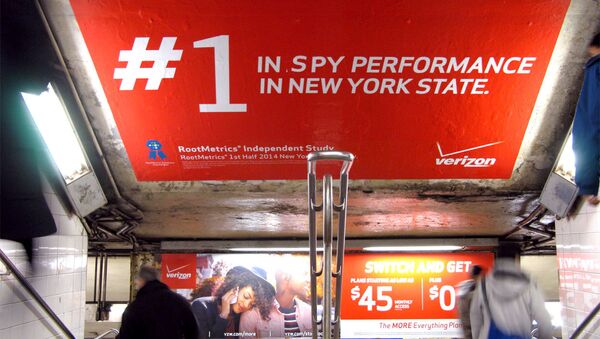In recent years, whistleblowers and privacy advocates have gone to great lengths to expose the ways corporations and governments spy on people. Touting inconvenient solutions to the surveillance problem, including using Tor and Tails browsers, the reality is that nothing short of abandoning technology altogether will prevent Big Brother, if he wants to, from watching you.
That is the finding from recent analyses of smartphone keyboards which are now known to copy and store data from searches and conversations by unwitting users. Did you just write a text message to your significant other? That conversation is sitting on a computer somewhere. Were you going to write a message to your ex-girlfriend or ex-boyfriend but chose to delete it? Somewhere a computer has stored, dissected, and determined the importance of that information.
On Android phones and iPhones you can swap out the traditional keyboards with emoji and gif-laden alternatives, but pay attention when you install third party keyboards because apps require full access. By choosing that option, developers "transmit anything you type" back to their servers.
Tony Anscombe Sr., a cybersecurity specialist with the AVG Technologies antivirus company says, "If all they are doing is transmitting data back to themselves so they can improve their product, maybe that is fine, but if they are sharing data with third parties or they are aggregating data for other purposes, then maybe these are concerns that people should have."
An open question persists, as to whether a manufacturer of keyboard apps, that require installation prior to use, possess the same data collection and monitoring issues, or whether this is solely done on an inadvertent opt-in basis.
Either way the salami is sliced, a lot of companies providing keyboard apps stand to make a fortune by aggregating data about what people search for and selling this information.
Another open question is whether these companies aggregate data anonymously or possess the data storage capacity to go back and reproduce an individual’s keystroke entries. From a technical perspective, the latter is no more complex than the former, raising concern that data can quickly fall into the hands of snoops.
Finally, perhaps the greatest concern is that if a keyboard app is transferring data back to servers, or fails to keep their servers encrypted, it provides hackers the opportunity to steal user information, including personal passwords and credit card information.
Anscombe suggests that users to think about how a company makes money with a keyboard app, or with other software, and "if you can’t work out how they are monetizing, maybe the way they are monetizing is through your data."





